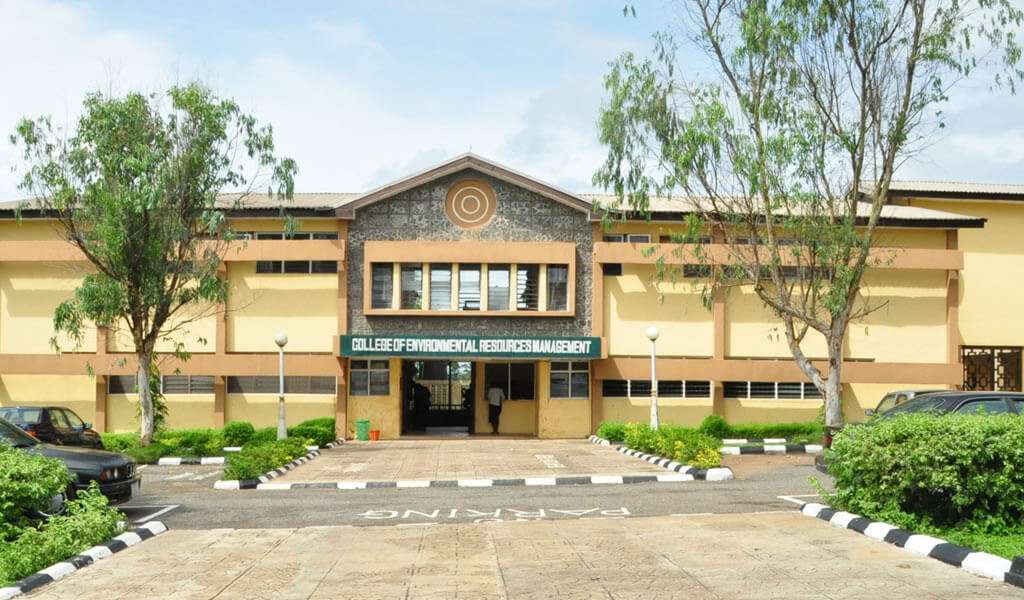Preamble
The College of Environmental Resources Management (COLERM) was established with four other Colleges at the inception of the University of Agriculture, Abeokuta in 1988. Currently, the Departments in the College which offer five years Bachelor degree programmes are:
- Department of Aquaculture and Fisheries Management
- Department of Environmental Management and Toxicology
- Department of Forestry and Wildlife Management
- Department of Water Resources Management and Agro meteorology
- Department of Geology
Philosophy, Objectives and Mandate
The primary philosophy that guides the training of students is the production of skilled manpower that is adequately furnished with the comprehensive information required for engaging in economic agricultural production in an environment characterized by rural setting and adequate land endowment. Such knowledgeable professional manpower has to be produced in an atmosphere with the widest possible human and material resources, through the adoption of effective techniques of instruction and exposure to the actual practice of agriculture. Consequently, there are opportunities for formal training at the undergraduate and postgraduate levels for the acquisition of basic and high degrees respectively. These training programmes are mounted through classroom instruction, laboratory practicals, field demonstrations and workshop practices. Deriving from the foregoing philosophy and the major objectives of the University, the aims of the College, among others, are to:
- assist in the attainment of self-sufficiency in the production of basic food;
- contribute to the achievement of the goal of marked increase in the production of agricultural raw materials to support the growth of our several industries;
- enhance the production and processing of export produce;
- enhance with emphasis on relevant, appropriate and manageable technology to modernize agricultural production, processing, storage, preservation and distribution;
- enhance the rural employment opportunities and the attendant improvement of the quality of rural life;
- evolve effective ways of protecting agricultural land resources from ecological degradation such as erosion, pollution, etc.
- develop new patterns of agricultural structures and government policies which clearly demonstrate that agriculture is an important part of our national economy.


